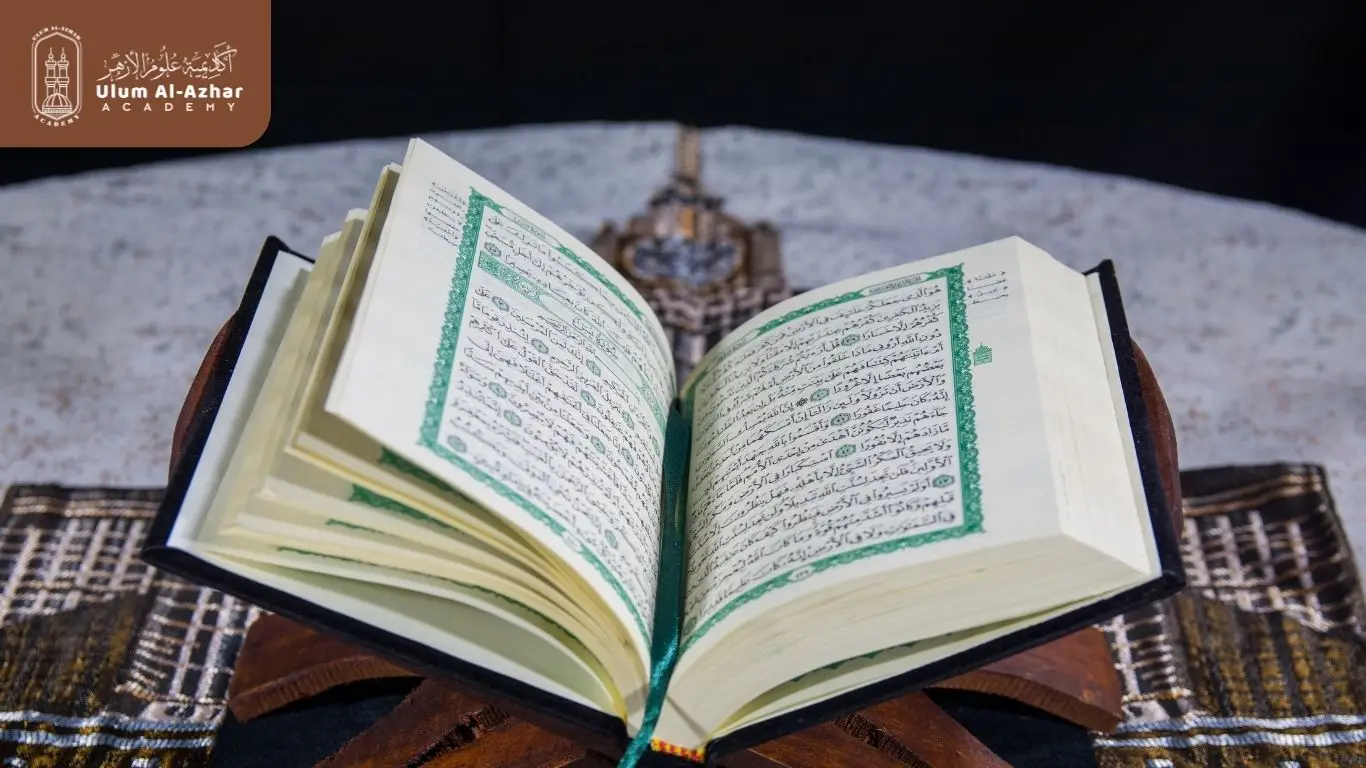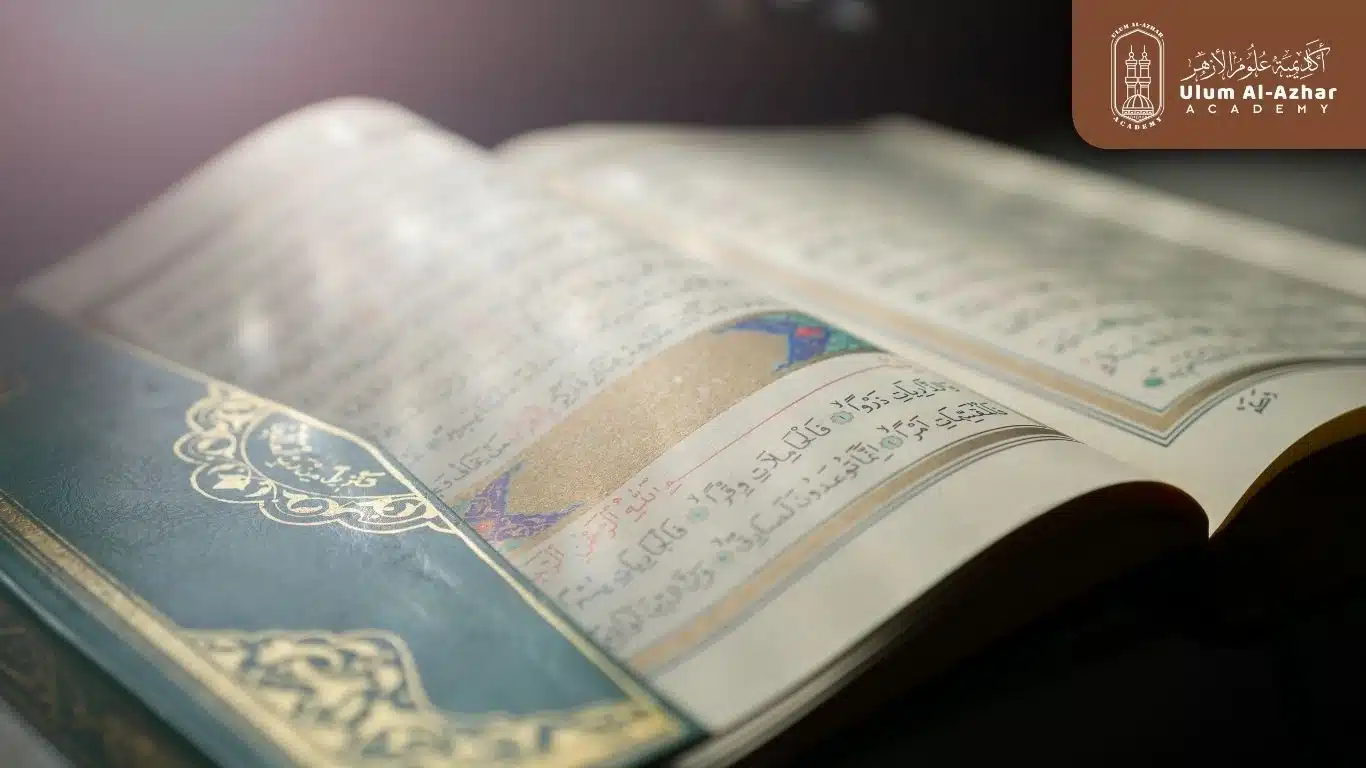
What Is Qirat Meaning? | Guide To Quran Different Styles
Islam places great emphasis on the recitation and understanding of the Quran, which is considered the holy book containing the words of Allah.
A key aspect of reading the Quran is reciting it in a way that is both pleasing to the ear and true to its message.
This is where the concept of qirat meaning comes into play. In this article, we will delve into what Qirat is, its significance in Islam, and the various styles that exist.
Table of Contents
Qirat Meaning In Islam
Qirat meaning: (plural of Qirah) in Islam refers to the different approved ways of reciting the Holy Quran, encompassing variations in lexical, phonetic, linguistic, morphological, and syntactical aspects.
Each Qirah has specific rules governing its recitation, with differences in words and letters.
Qirat also refers to the branch of Islamic studies that focuses on these recitation methods, making them the verbal expression of the Quran, and through Qirat, the Quran is preserved.
The term quran qirat (قراءات) is derived from the Arabic word *Qirah* (قراءة), meaning “reading.”
Quranic scholars have offered various definitions of Qirat, with one describing it as the knowledge of pronouncing the verses of the Quran.
The term is closely related to Qari—one who recites the Holy Quran. In both Arabic and English, Qirat refers to the act of reading or reciting something aloud from memory.
Master Quran reading and discover our Private Quran & 10 Qiraat Classes
What Is Qirat in Islam?
Just as languages around the world have different dialects and pronunciations based on regional variations.
The Arabic language—chosen by Allah to convey His message—also has dialectical differences influenced by intonation, tone, and geography.
These variations in Quranic recitation are known as qirat meaning.
Join us at Ulum Al-Azhar today and embark on a fulfilling journey toward mastering the art of reading the Quran with Tajweed Rules Studies.
The History of Harf and Qirat Meaning of the Quran
After we talk about “what is qiraat” and “qirat meaning” in Islam now we will have a look at the history of harf and qirat.
Both Ahruf and Qirat play essential roles in preserving the Quranic text and accommodating linguistic diversity.
The concept of Ahruf addresses the varied linguistic forms present at the time of revelation, catering to the different dialects among the Arab tribes.
On the other hand, Qirat provides permissible variations in pronunciation, ensuring the Quran can be recited accurately and beautifully across different communities and linguistic contexts within the Islamic tradition.
In simpler terms:
- Ahruf:
Ahruf refers to the different linguistic forms of the Quran, introduced to accommodate the diverse pronunciations among Arab tribes in ancient times.
- Qirat:
Qirat refers to the permissible ways of reciting the Quran, taking into account the diversity in pronunciation and dialects among Muslim communities.
The purpose of this diversity is to facilitate the understanding and recitation of the Quran for people from various linguistic backgrounds.
Ulum Al-Azhar excels in providing this for non-Arabic speakers learning the Quran.
Importance of Different Styles of Qirat?
Qirat is a fundamental aspect of Islamic worship and is regarded as a form of Ibadah (worship).
Muslims believe that beautifully reciting the Quran not only pleases Allah but also enriches the spiritual experience of the reader.
The rhythmic and melodious nature of qirat meaning also aids in memorizing the Quran, a practice highly esteemed in Islam.
Moreover, Qirat has been passed down through generations, making it an integral part of Islamic tradition.
The Warshan Course is specifically designed to teach the foundations and fundamentals of Riwayat Imam Warsh using easy and effective methods such as Talaqqi, Mushafahah, and Tahrir.
Importance of Learning Qirat
Learning Qirat is essential for Quran memorization and recitation for several reasons:
- Correct Pronunciation and Intonation:
Qirat study ensures that the Quran is recited with accurate pronunciation, intonation, and emphasis.
This is crucial for conveying the true meaning of the Quranic text and preserving the integrity of its recitation.
- Memorization:
Memorizing the Quran is a highly esteemed practice in Islam, and studying Qirat can significantly aid this process.
By learning different recitation styles, one can memorize the Quran more effectively and with greater precision.
- Connecting with the Quran:
Learning Qirat deepens one’s connection with the Quran. The various recitation styles enhance appreciation for the beauty and eloquence of the Quranic language, allowing for a deeper understanding of its meaning and message.
- Respecting the Quran:
The Quran is Islam’s holy book and is revered by Muslims worldwide. Learning Qirat demonstrates respect for the Quran and its message, as well as for the tradition of Quranic recitation that has been passed down through generations of scholars.
The Most Popular Quran Qirat?
After we talk about qirat meaning, there are several styles of Qirat, each with distinct characteristics. Here you the most popular qiraat:
-
Hafs:
Hafs is the most widely used style of Qirat and is considered the standard version.
It is the style used in most Quranic competitions and is recognized as the most authentic recitation of the Quran.
-
Warsh:
Warsh is popular in North and West Africa. While similar to Hafs, it features minor differences in pronunciation and intonation.
-
Qaloon:
Qaloon is favored in North Africa and is distinguished by its unique melody and rhythm.
-
Khalaf:
Khalaf is a style prevalent in Yemen, known for its slow and melodious tone.
-
Al-Duri:
Al-Duri is common in the Middle East and is characterized by its clear and crisp pronunciation.
Join our 10 Qiraat Studies Mastery designed to unlock and master the foundation and fundamentals of 10 Qiraat in theoretical methods, following the methodology.
Learn Qirat Online With Ulum Al Azhar!
Our online 10 Qiraat Course for Sisters is designed to teach sisters the foundations & fundamentals of 10 Qiraat by Talaqqi and Mushafahah in both theoretical and practical methods.
Led by highly qualified international female lecturers from Al Azhar Al Sharif, Egypt.
The academy features:
- Authentic syllabuses developed by scholars from Al-Azhar in Egypt.
- A team of certified instructors from Al-Azhar University who are fluent in English and provide step-by-step guidance to help you achieve your learning goals.
- One-on-one private classes ensuring 100% comprehension and greater convenience.
- Affordable course prices with various discounts.
Conclusion
Qirat meaning is a significant aspect of Islamic worship, allowing Muslims to recite the Quran in a beautiful and meaningful manner.
Mastering Qirat meaning and reading requires practice, dedication, and a deep understanding of the text.
By improving one’s Qirat, individuals can enhance their spiritual experience and develop a closer connection with Allah.
We offer a wide selection of online Quran courses, allowing you to choose the number of classes you take each week.
Contact us, And Get The Best ServiceToday!
FAQs on Qirat Meaning
Can anyone learn Qirat?
Yes, anyone can learn Qirat with dedication, practice, and guidance from a qualified teacher.
Is Qirat only about the melody of recitation?
Yes, each style of Qirat has its own specific rules regarding pronunciation, intonation, and rhythm.
Is Qirat mandatory for all Muslims?
While Qirat is highly valued in Islam, it is not mandatory for all Muslims. However, reciting the Quran in a beautiful manner is encouraged.
How Many Qiraat Are There?
There are 7 Mutawatir Qira’at and 3 Mashhur ones, along with some rare “Shadhdh” readings, which are generally not accepted.
Traditionally, scholars would learn all 7 or even 10 Qiraat, often alternating between different Qiraat on different days.


